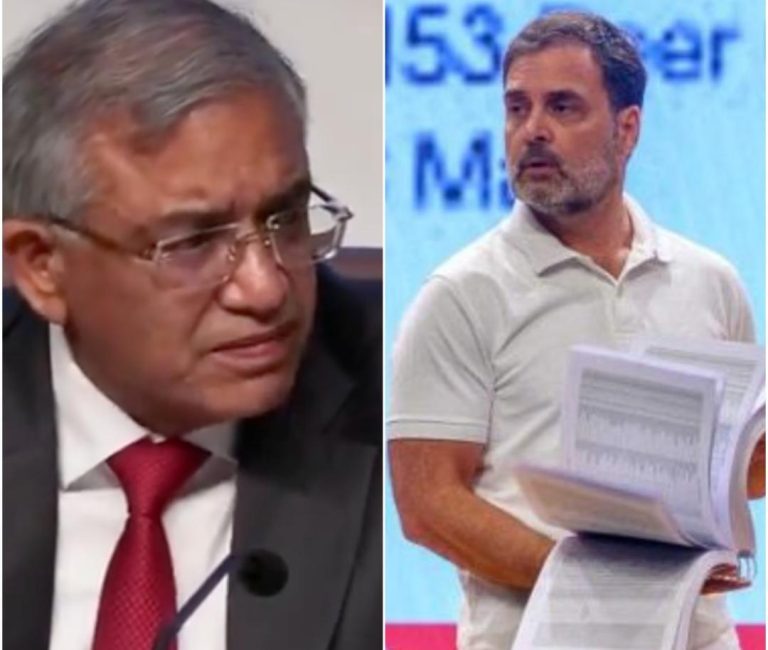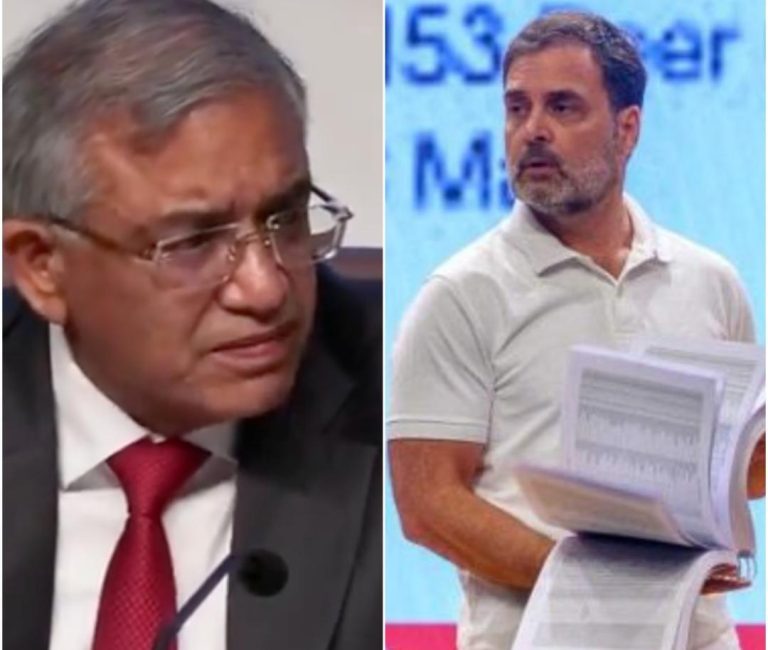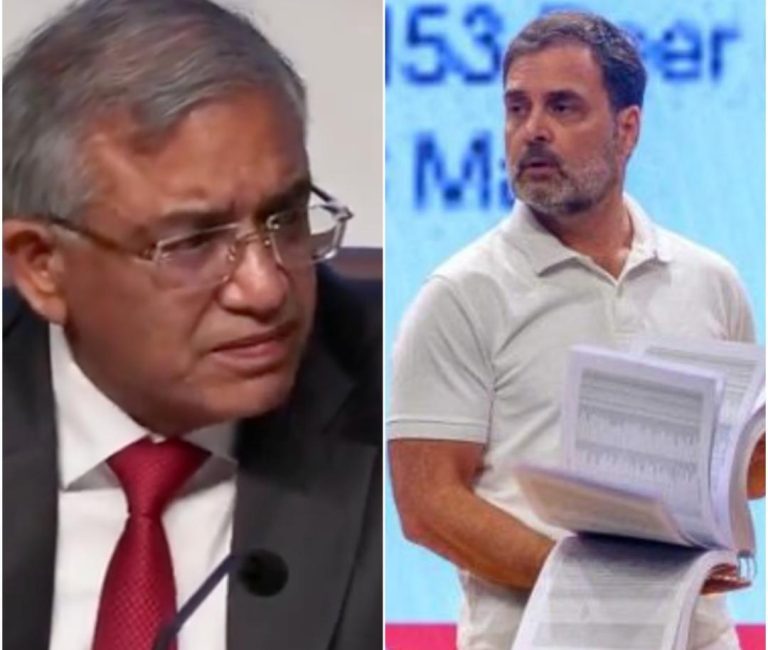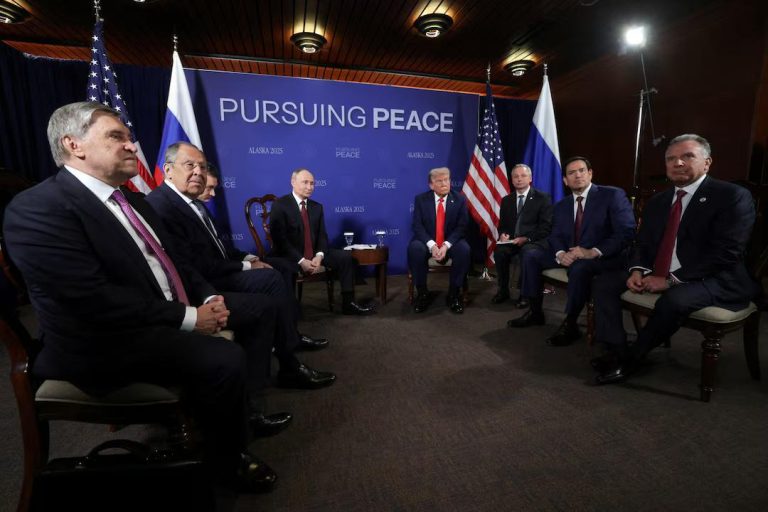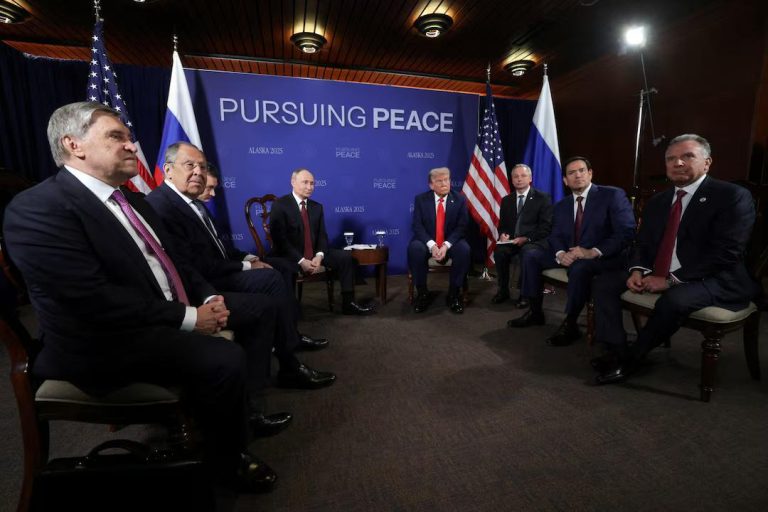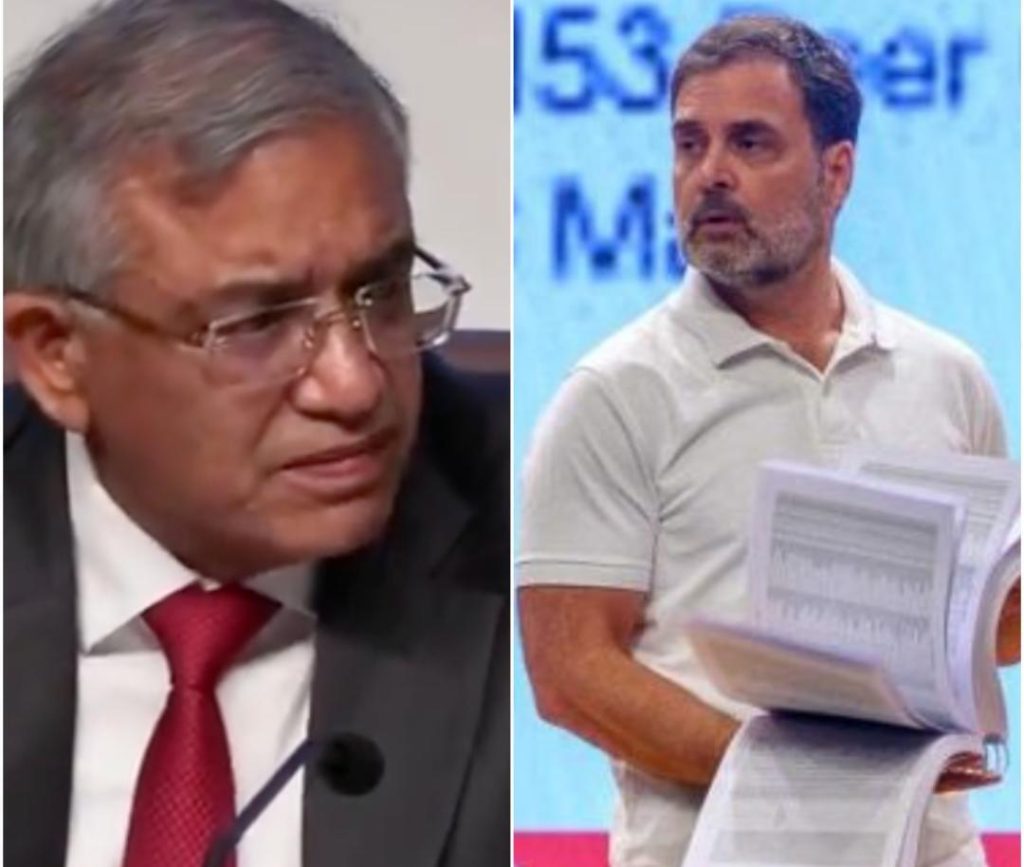
Vote Chori’ Phrase an Insult; Should We Share CCTV Footage of Mothers & Sisters Voting?: EC
The ongoing election season in India has seen a plethora of controversies and debates. One such issue that has gained significant attention is the use of the phrase “vote chori” (vote theft) by Congress leader Rahul Gandhi. The phrase is being used to claim that elections are rigged, and that the opposition is being cheated out of their rightful victory. However, Chief Election Commissioner (CEC) Gyanesh Kumar has slammed the term, calling it an insult to the Constitution.
Kumar’s criticism of the phrase is not the only issue at hand. There is also a growing demand to release surveillance footage from polling booths to demonstrate the alleged rigging. In response to these demands, Kumar raised a crucial question: “Should the Election Commission share the CCTV videos of any voter, including their mothers, daughters-in-law?”
The phrase “vote chori” has sparked a heated debate in the country. While some have used it to express their frustration and disillusionment with the electoral process, others have criticized its use, saying it undermines the credibility of the democratic system. The CEC’s criticism of the phrase is a welcome move, as it highlights the importance of maintaining the sanctity of the electoral process.
The use of the phrase “vote chori” is not only an insult to the Constitution but also an affront to the democratic values of India. It implies that the Election Commission, the political parties, and the voters themselves are complicit in rigging the elections. This is a serious accusation that can erode trust in the system and undermine the legitimacy of the elected government.
Moreover, the phrase “vote chori” is a blunt tool that oversimplifies the complexities of the electoral process. Elections in India are a complex and multifaceted process that involves a large number of stakeholders, including political parties, voters, and the Election Commission. To reduce the entire process to a simple phrase like “vote chori” is to ignore the nuances and complexities involved.
Another issue that has been raised in the context of the “vote chori” phrase is the demand to release surveillance footage from polling booths. While it is understandable that voters want transparency and accountability in the electoral process, releasing CCTV footage of voters, including their mothers and sisters, raises serious concerns about voter privacy.
Voter privacy is a fundamental right that is enshrined in the Constitution. It is essential that voters feel safe and secure while exercising their franchise, without fear of being monitored or judged. Releasing CCTV footage of voters, including their mothers and sisters, would be a violation of this right and could have a chilling effect on voters’ willingness to participate in the electoral process.
Furthermore, releasing CCTV footage of voters could also lead to unintended consequences. For example, it could lead to the identification and harassment of voters who are perceived to be from a particular political party or community. This could have serious implications for social harmony and national integration.
In conclusion, the phrase “vote chori” is an insult to the Constitution and the democratic values of India. It is a blunt tool that oversimplifies the complexities of the electoral process and undermines the credibility of the democratic system. Moreover, releasing CCTV footage of voters, including their mothers and sisters, raises serious concerns about voter privacy and could have unintended consequences.
The Election Commission has taken a commendable stance by criticizing the phrase “vote chori” and raising concerns about the release of CCTV footage. It is essential that political leaders and parties focus on building trust in the electoral process rather than resorting to divisive and inflammatory rhetoric.
Ultimately, the success of democracy lies in the participation of citizens in the electoral process. To build trust in the system, it is essential that voters feel safe and secure while exercising their franchise. The Election Commission and political leaders must work together to create an environment that is conducive to free and fair elections, where voters can participate without fear of being monitored or judged.
